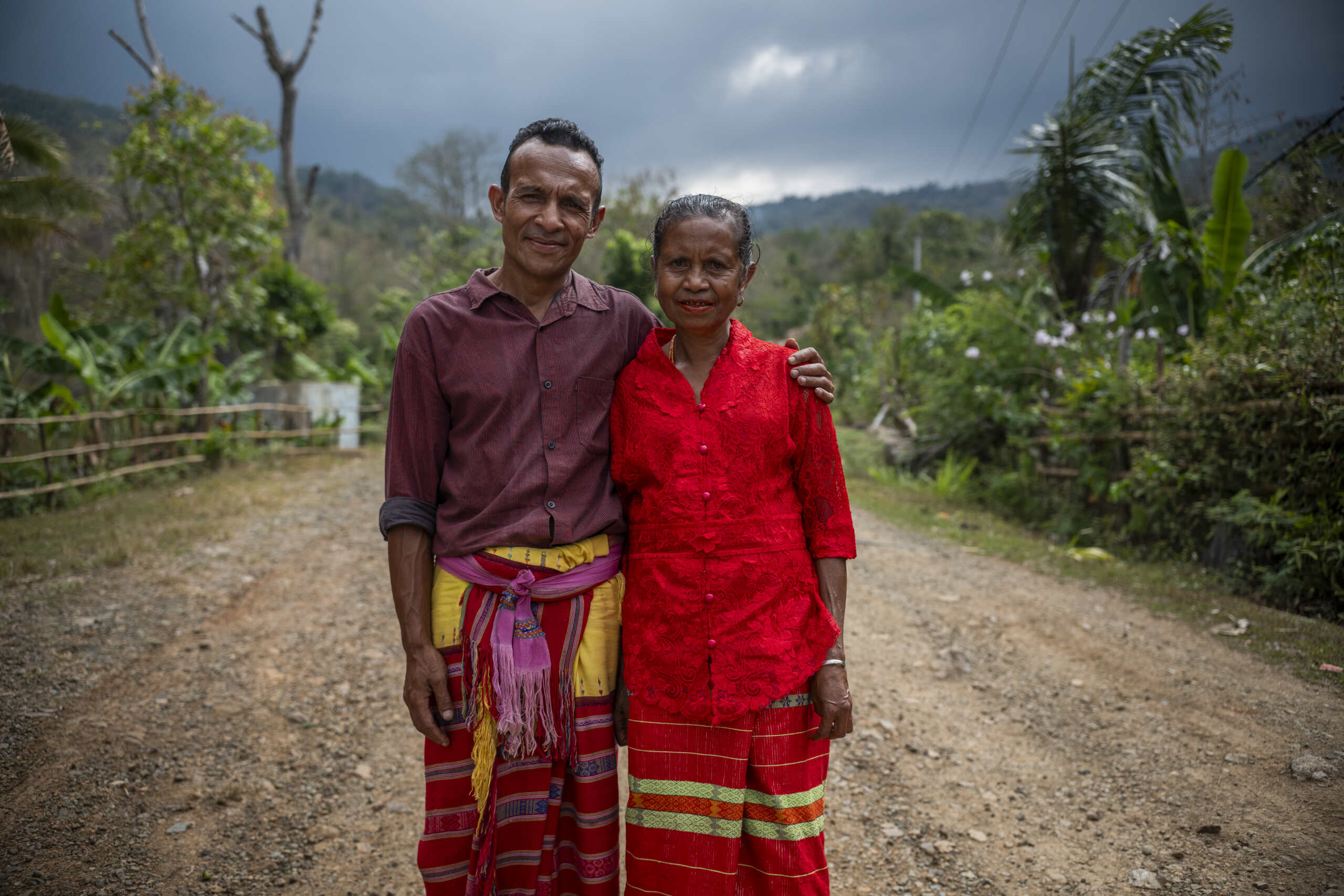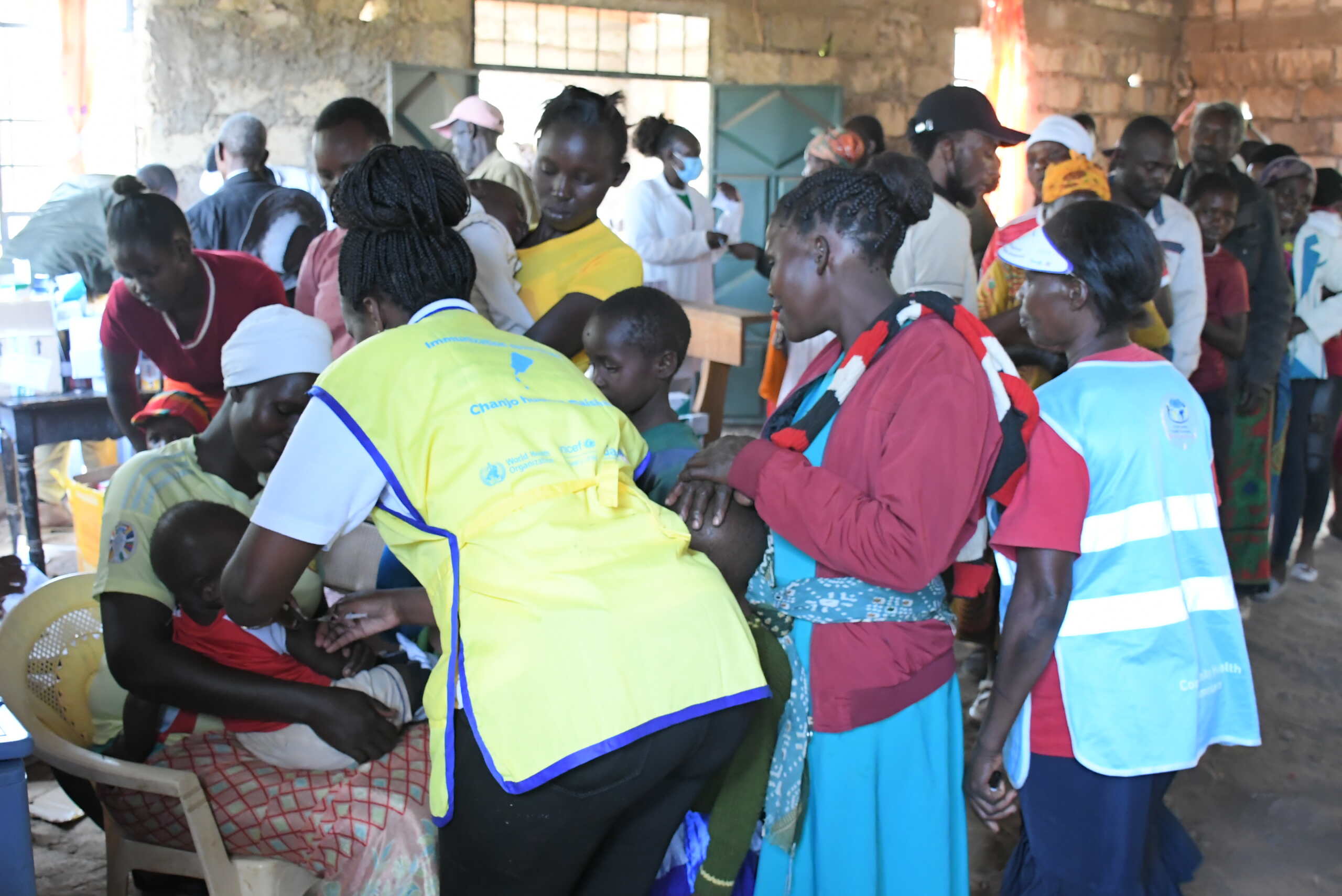World Humanitarian Day: Thursday 19th August 2021
Stories | February 9, 2022
Can you imagine being caught in a cyclone or flash flood without the ability to run to safety or understand warning messages? It’s something most of us would rather not think about. For humanitarian workers, however, understanding the needs of people with disabilities is essential if they are to be included in an emergency response. To do this, humanitarian agencies must work with Organisations of People with Disabilities (OPDs).
When a disaster strikes, whether a disaster event or armed conflict, people with disabilities are extremely vulnerable. They find it harder to flee unsafe situations and access basic needs such as food, water, shelter and medical care – all of which are basic human rights. As a result, in disasters, people with disabilities are two to four times more likely to die than people without disabilities. A figure that is both shocking and unacceptable.
CBM has made a commitment to be disability inclusive, and this includes during humanitarian crises. But how does CBM ensure that people with disabilities are not left behind, and influence other organisations to better consider this? One way is to make sure that aid organisations are guided by the Inter-Agency Standing Committee (IASC) Guidelines on Inclusion of Persons with Disability in Humanitarian Action.
Developed with and by people with disabilities and their representative organisations alongside traditional humanitarian stakeholders, these guidelines set out the essential actions aid agencies must take to properly identify and respond to the needs and rights of people with disabilities. By doing so, it sets a benchmark for quality, accessible and inclusive humanitarian programs and promotes the inclusion of people with disabilities in decisions that affect them. Working with OPDs, CBM is involved in promoting and testing high level directives such as this, knowing that they set out approaches that all organisations need to follow.
CBM Australia for example, has worked with organisations like World Vision, Oxfam and Plan International Australia under the Australian Humanitarian Partnership (AHP) to advise them on how to consider disability issues in disaster preparedness and response. The AHP is a five-year (2017-2022) partnership between the Australian Government and Australian NGOs. Through the AHP, partners aim to save lives, alleviate suffering and enhance human dignity in the face of conflict, disasters and other humanitarian crises. Ensuring programs are disability inclusive is important as it ensures people with disabilities have the same chance of accessing life-saving services as people without disabilities in need.
“With most climate campaigns focused on slowing climate change and securing the planet’s future, World Humanitarian Day 2021, will highlight the immediate consequences of the climate emergency for the world’s most vulnerable people and ensure that their voices are heard, and their needs top the agenda at the UN Climate Change Conference (COP26) in November.
Therefore, everyone is invited to join #TheHumanRace, which is the global challenge for climate action in solidarity with people who need it the most; and to put the needs of climate-vulnerable people front and centre at the UN climate summit (COP26).” – United Nations

https://www.cbm.org.au/stories/inter-agency-standing-committee-guidelines-on-inclusion-of-persons-with-disability-in-humanitarian-action
Related Stories

How CBM is making a difference in Indonesia
For more than 45 years, CBM Global has been working alongside communities in Indonesia to ensure people with disabilities...

Coordinating inclusive health outreach in Meru County
For many households in Meru’s rural and remote areas, basic health services are physically...

Share your advocacy preferences with us
Thank you for helping us to advocate for the one billion people with disability globally. CBM Australia advocate across...
